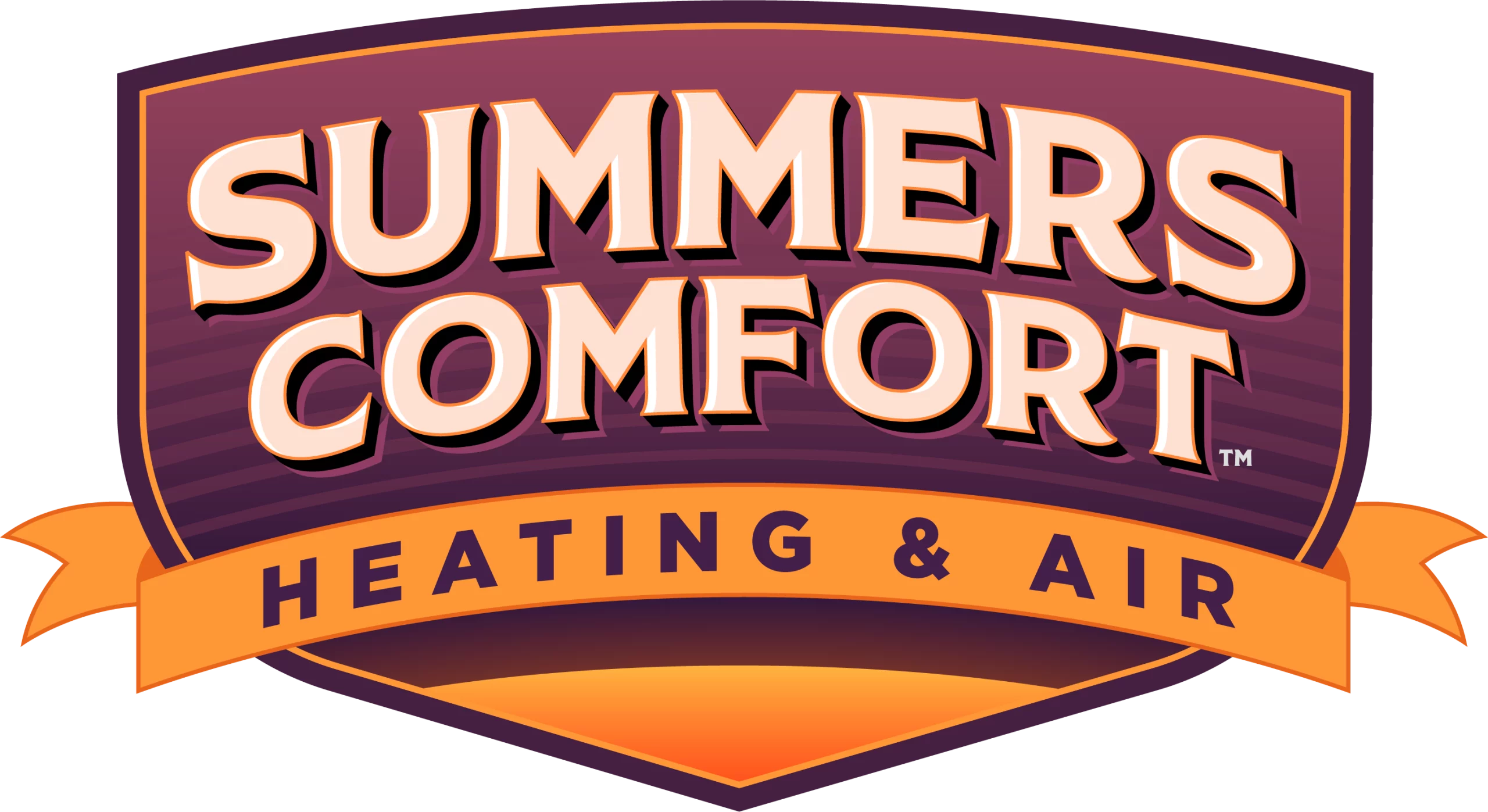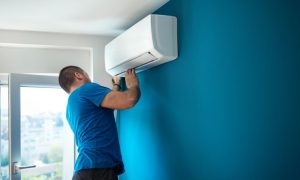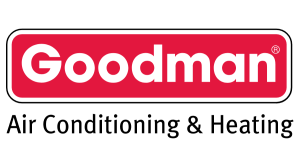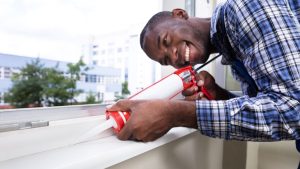Are you tired of sweating through the summer heat while waiting for a professional to fix your air conditioner? Look no further! In this ultimate guide to DIY AC maintenance and repair tips, we will equip you with the knowledge and skills to take control of your cooling system. Whether you’re a seasoned DIY enthusiast or a novice homeowner, this comprehensive article will provide you with step-by-step instructions, troubleshooting techniques, and insider tips to keep your AC running smoothly all year round.
Understanding Your AC System
Understanding Your AC System is crucial for effective DIY maintenance and repair. Start by familiarizing yourself with the different components of your system, such as the condenser, evaporator, and compressor. Regularly check and clean the air filters to ensure proper air circulation and efficient cooling. Additionally, inspect the outdoor unit for any debris or obstructions that could hinder its performance.
When it comes to repairing your AC unit, always prioritize safety first. Turn off the power supply before attempting any repairs to avoid electrical hazards. Keep in mind that some issues may require professional expertise, so don’t hesitate to seek help if needed. Lastly, consider investing in a programmable thermostat to regulate temperature settings and improve energy efficiency. By understanding these fundamental concepts and taking proactive measures, you can effectively maintain and repair your AC system without unnecessary stress or expenses.
Basic Maintenance Tips
When it comes to AC maintenance, basic tasks like regularly cleaning or replacing air filters can significantly improve the efficiency and lifespan of your unit. Additionally, ensuring that the outdoor condenser unit is free from debris and vegetation can prevent airflow blockages and potential damage. It’s also important to check for any refrigerant leaks, as low levels can lead to reduced cooling capacity. Regularly inspecting and cleaning the evaporator coils, as well as checking for loose connections or worn-out components, can help prevent major repair issues down the line.
Another valuable AC maintenance tip is to schedule professional annual inspections to identify any potential problems early on. These thorough check-ups can detect issues such as inefficient operation, worn parts, or impending failures before they escalate into costly repairs. Moreover, maintaining proper airflow around your AC unit by keeping vents unobstructed and ensuring adequate insulation in your home can further contribute to its optimal functioning. By staying proactive with these basic maintenance tips, you not only extend the life of your AC system but also enjoy improved energy efficiency and lower utility bills.
Common AC Problems and Troubleshooting
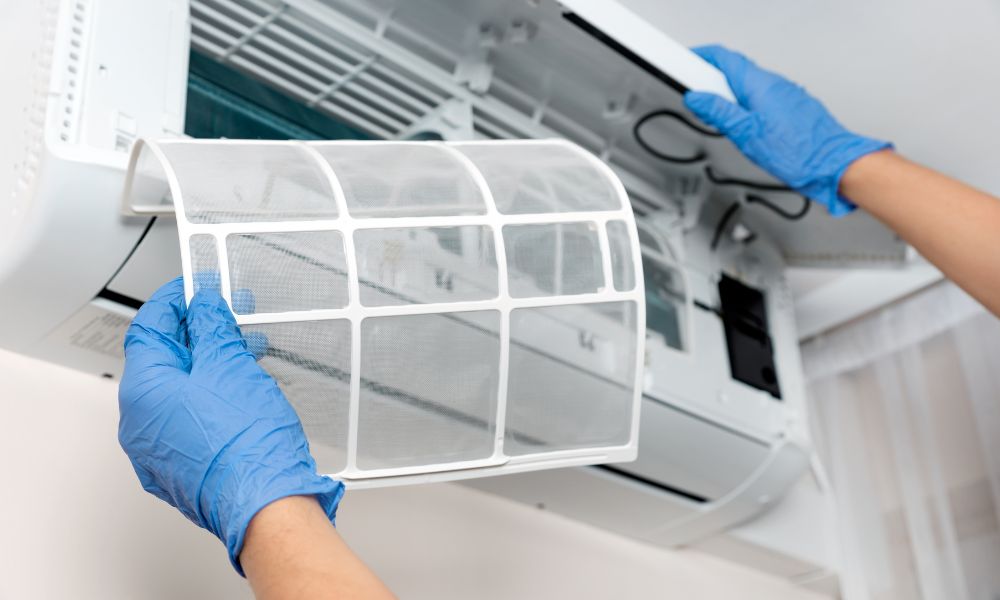
AC maintenance and repair is essential to ensure your system operates efficiently and effectively. One common problem that people encounter with their AC unit is poor airflow, which can be caused by clogged air filters or blocked vents. It’s important to regularly clean or replace air filters and ensure vents are free from obstruction to maintain optimal airflow.
Another common issue is a refrigerant leak, which can lead to reduced cooling capacity and increased energy consumption. If you notice your AC isn’t cooling properly, it’s crucial to have a professional technician inspect for any leaks and recharge the system if necessary. By staying vigilant for these common problems and addressing them promptly, you can prolong the lifespan of your AC unit and save on energy costs in the long run.
Regular maintenance can also help prevent more serious issues from arising down the line. By scheduling annual tune-ups with a qualified technician, you can catch potential problems early on and keep your AC running smoothly throughout the year.
DIY Repair Guidelines
Maintaining and repairing your AC system can be a daunting task, but with a few DIY repair guidelines, you can save time and money. One important tip is to regularly clean or replace the air filters to ensure maximum airflow and energy efficiency. Additionally, inspect the outdoor unit for any debris or obstructions that could impede its performance.
Another crucial aspect of AC maintenance is checking for refrigerant leaks. If you notice a drop in cooling performance, it may be due to low refrigerant levels, which can be caused by leaks. Addressing these issues promptly can prevent further damage to your system and prolong its lifespan. By following these simple maintenance and repair tips, you can keep your AC running smoothly while avoiding costly repairs down the line.
Safety Precautions for AC Maintenance
When it comes to AC maintenance and repair, safety should always be a top priority. Before starting any work on your air conditioning unit, make sure to turn off the power supply to avoid any electrical hazards. Additionally, wearing protective gear such as gloves and goggles can prevent injuries while handling sharp or hot components. It’s also important to regularly check for any water leaks around the unit, as stagnant water can lead to mold growth and potential health risks.
Another crucial aspect of AC maintenance is keeping the outdoor condenser clean and free from debris. Regularly inspecting and removing leaves, dirt, and other obstructions can help improve the efficiency of your AC system and prevent costly repairs down the line. Additionally, scheduling annual professional maintenance checks can catch potential issues early on and ensure that your AC is running at its best during peak seasons. By following these safety precautions and proactive maintenance tips, you can extend the lifespan of your AC unit while enjoying optimal performance throughout the year.
Conclusion:
Regular maintenance and timely repair of your AC system are crucial for ensuring its optimal performance and longevity. By following the tips outlined in this article, you can effectively maintain your AC system and address minor issues before they escalate into major problems. Remember to clean or replace filters regularly, check for leaks and ensure proper airflow to maximize efficiency. Additionally, scheduling professional maintenance at least once a year can help identify and fix any underlying issues. Taking these proactive steps will not only save you money on repairs but also improve the overall air quality in your home. Don’t wait until it’s too late – take action now to keep your AC running smoothly all year round!
